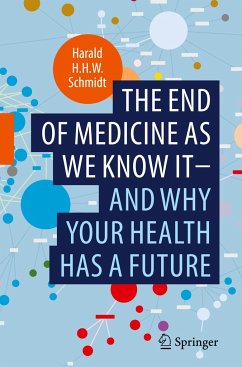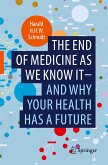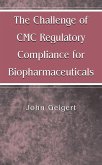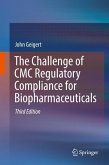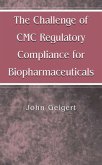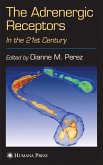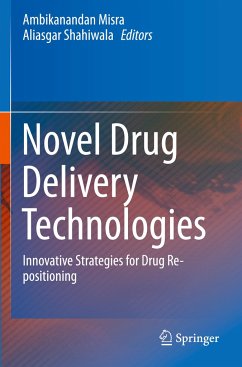Medicine itself is sick. We hardly understand any disease and therefore need to chronically treat symptoms but not the causes. Consequently, drugs and other therapies help only very few patients; yet we are pumping more and more money into our healthcare system without any added value.Thus, the internationally renowned physician researcher, Harald Schmidt, predicts the end of medicine as we know it. On a positive note, digitization will radically change healthcare and lead to one of the greatest socioeconomic revolutions of mankind. He is one of the pioneers of "systems medicine", a complete redefinition of what we actually call a "disease", how we organize medicine and how we use Big Data to heal rather than treat, to prevent rather than cure. In this book the author first proves the deep crisis of medicine, but describes how medicine will become more precise, more uniform, safer and, surprisingly, also more affordable. Making a diagnosis will be taken over by artificial intelligence. Current, mainly organ-based medical specialists, disciplines and hospital departments will disappear. Physicians will become patient coaches working in interdisciplinary teams with pharmacists, physiotherapists, nutritionists, etc. and relieved of their workload. Illnesses, including cancer, will be prevented or cured in a precise manner. We will become 100 years and older. Health care spending will shift from chronic treatment of diseases to prevention and health maintenance, thereby dramatically reducing overall costs. Health will become a common good. But Harald Schmidt also warns that those who are not open to digitization will not benefit from these advances and will be left behind. Anyone who wants to benefit from the revolution of medicine must have a digital twin. Is this futurism? No, each of us can have his or her personal genome sequenced, microbiome analyzed, keep an electronic health record. The future has begun.
Schmidt convincingly explains the limitationsin the current practice of medicine and the need for big data and a systems approach. Prof. Ferid Murad MD, PhD, Nobel Laureate in Medicine 1998, USA
Network Medicine, a new discipline that offers a network-based understanding of the cell and disease, is unavoidable if we wish to translate the advances in genomics into cures. Professor Harald Schmidt, a prominent expert in this space, offers the first coherent treatment of the topic, explaining the potential of a network-based perspective of human disease. Prof. Albert-László Barabási, Northeastern University and Harvard Medical School, Boston, USA
Visionary, provocative, and full of insights. Professor Schmidt gives a unique and authoritative perspective to the past, present and future of medical science and clinical practice. And all presented in such an inimitable style. Prof. Robert F.W. Moulds, MBBS PhD FRACP, Former Dean Royal Melbourne Hospital Clinical School, Australia
Schmidt convincingly explains the limitationsin the current practice of medicine and the need for big data and a systems approach. Prof. Ferid Murad MD, PhD, Nobel Laureate in Medicine 1998, USA
Network Medicine, a new discipline that offers a network-based understanding of the cell and disease, is unavoidable if we wish to translate the advances in genomics into cures. Professor Harald Schmidt, a prominent expert in this space, offers the first coherent treatment of the topic, explaining the potential of a network-based perspective of human disease. Prof. Albert-László Barabási, Northeastern University and Harvard Medical School, Boston, USA
Visionary, provocative, and full of insights. Professor Schmidt gives a unique and authoritative perspective to the past, present and future of medical science and clinical practice. And all presented in such an inimitable style. Prof. Robert F.W. Moulds, MBBS PhD FRACP, Former Dean Royal Melbourne Hospital Clinical School, Australia

